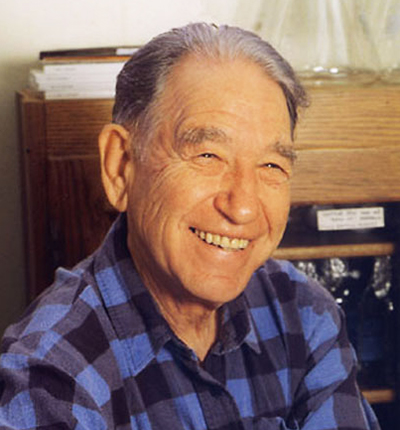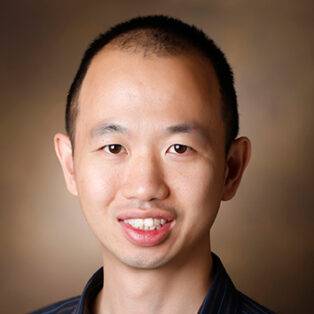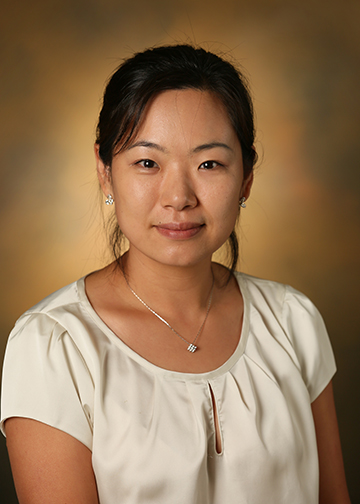Ken Lau, professor of cell and developmental biology, and Eunyoung Choi, associate professor of surgery and cell and developmental biology, have each been selected to receive funding for their research from the Stanley Cohen Innovation Fund.

Established in 2019 and named after Stanley Cohen, emeritus professor of biochemistry and 1986 Nobel laureate, the fund supports early-stage, high-risk high-reward research projects. These awards honor Cohen’s seminal discoveries in growth factor signaling, which led to the invention of numerous anticancer drugs that are still used today.
“The remarkable discoveries by professors Lau and Choi not only build upon the foundational breakthroughs of Dr. Cohen, but also hold immense promise to unlock new frontiers in cancer prevention and treatment,” said John Kuriyan, dean of basic sciences, School of Medicine. “Their research has the potential to redefine our understanding of tumor initiation and pave the way for customized, targeted interventions that could save countless lives. The School of Medicine Basic Sciences is proud to support these innovative leaders as they push the boundaries of scientific knowledge.”
Lau received an award from the fund in 2023, making this year’s award a renewal for his project, “A single-cell genomics platform to enable customized capture of cell-associated components.” His research during the first year of funding focused on the technological development of a multipurpose, customizable, single-cell capture platform capable of generating multi-omic datasets. His lab’s research has laid the groundwork for understanding and predicting the natural transition between precancers and cancer: They showed that colorectal cancer is likely to arise from multiple normal cells in the intestinal epithelium, not just from a single cell. The research was published in Nature in October 2024.
This year’s renewal will enable the Lau lab to explore how primordial persistent intestinal stem cells—a newly discovered cell population—contribute to the single-cell layer that forms the lining of the intestines and colon in the gastrointestinal tract during development, life, and injury.
Lau’s research builds on Cohen’s studies of epidermal growth factor and will form the foundation for future investigations into the relationship between embryonic development and cellular regeneration and the role of embryonic stem-like cells in tumor initiation and beyond.

“We deeply appreciate the support provided by the Stanley Cohen Innovation Funda and look forward to the opportunity to continue our work under this esteemed program,” Lau said.
Choi’s project, “Targeting fatty acid metabolism in gastric precancerous lesions,” will assess the therapeutic potential of inhibiting the enzyme stearoyl-CoA desaturase in patients with high-risk precancer and cancer. Despite stomach cancer being the third largest cause of cancer-related deaths, there are no detection methods or treatments targeting the disease. Choi’s work will identify biomarkers as targetable candidates that can eliminate high-risk precancerous cells.
Choi recently discovered that fatty acid metabolic rewiring occurs when precancerous cells become cancerous and confirmed that SCD-dependent fatty acid desaturation is required for cancer-initiating cell proliferation and survival. Choi’s work has shown that tumor-causing metabolic rewiring to fatty acid metabolism may be an essential adaptation in stomach cancer. The research was published in Gastroenterology in May 2024.
The Stanley Cohen Innovation Award funds will allow the Choi lab to obtain deeper pre-clinical results to identify possible therapies using SCD inhibitors. The effort represents the first comprehensive biological study focused on the role of fatty acid metabolism in the transition from high-risk precancer to cancer stages.

“I am honored to receive the Stanley Cohen Innovation Award,” Choi said. “This support will be our great opportunity to challenge ourselves to establish a strong groundwork for novel treatment strategies for high-risk precancer and early-stage stomach cancer.